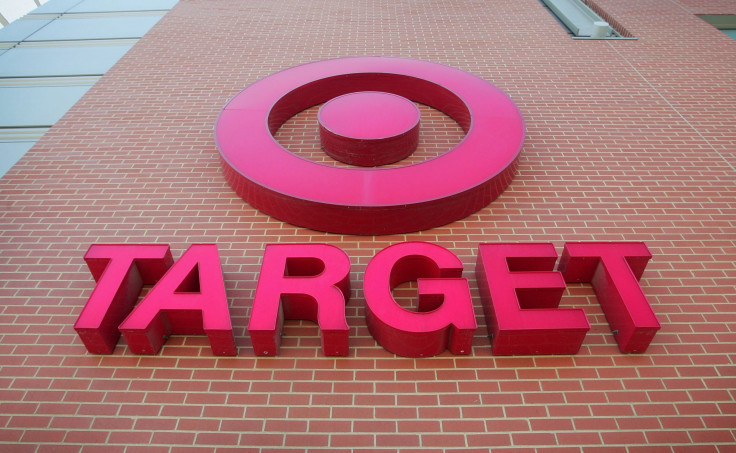What's Behind Target's Strong E-Commerce Growth?

Target (NYSE:TGT) hit a bulls-eye with its second-quarter earnings report, headlined by comparable-store sales growth of 3.4%. Digital sales were a major contributor to that growth, up 34% year over year. That's nearly as fast as its larger rival Walmart's (NYSE:WMT) 37% growth in U.S. digital sales, and faster than Amazon's (NASDAQ:AMZN)20% revenue growth in North America last quarter.
It's worth noting Target's rapid digital sales growth hasn't had the same negative impact on its operating margin as Walmart's digital sales growth has. Both gross margin and operating margin expanded for the company year over year last quarter. That said, the company notes that digital fulfillment and supply chain investments are still a drag on profits.
Understanding what's driving Target's e-commerce growth, which is a crucial piece of its overall growth, will help investors determine what's in store for the retailer's financial future.
All about same-day fulfillment
Target has three same-day fulfillment options. In-store pickup allows consumers to buy online and then walk in-store to get the order. DriveUp allows consumers to park in designated spots in front of a store and wait for a Target employee to load their online order into their car. Shipt is a same-day delivery service acquired by Target about two years ago that relies on independent contractors to pick up and deliver items to customers' doors.
Management says customers chose one of those same-day fulfillment options for over one-third of all online orders last quarter. Those orders also contributed nearly three-quarters of the company's 34% year-over-year increase in digital sales. Executives said same-day fulfillment drove about half of its digital sales growth in the first quarter, so it's taking big steps up. At this pace, it might not be long before it accounts for over 100% of Target's digital sales growth.
Sales shifting from more traditional fulfillment methods to Target's same-day options are great for its bottom line. "These services also makes sense for our business because they leverage existing store assets and our store teams in new ways," Chief Operating Officer John Mulligan told analysts on the company's second-quarter earnings call. "As a result, our same-day options are also the most profitable within our digital offering."
Amazon and Walmart are aiming right at Target
Target may have struck a chord with same-day fulfillment, but it's not the only player in town.
Both Amazon and Walmart recently announced plans to offer one-day shipping. Amazon Prime members can order more than 10 million different items, and they'll usually arrive within 24 hours. Neither of its big-box rivals can compete with that level of product selection. Walmart, meanwhile, has expanded its NextDay delivery service much faster than anticipated, covering 75% of the U.S. by the end of last quarter. Both companies attribute their one-day shipping services to their stellar online sales growth.
Both are also stepping up their same-day fulfillment options. Amazon continues to expand the availability and product selection of Prime Now. It's leveraging its Whole Foods locations to expand the service and also including grocery delivery at no extra charge for Prime members. Likewise, Walmart is expanding its online grocery platform to more stores, and expects to cover 80% of the population with curbside pickup and 50% of the country with same-day delivery by the end of the year. Importantly, Walmart's grocery platform has expanded to include home, health, and beauty items that consumers are more likely to need quickly.
As Amazon and Walmart expand their rapid fulfillment options, it could put pressure on Target. Both have bigger shopping audiences than Target, so it might have a tougher time attracting new customers. Additionally, both Amazon and Walmart will likely put pricing pressure on Target's digital sales. Target noted optimized pricing as one of the reasons for its improved gross margin.
So while Target's same-day fulfillment options have played a significant role in growing its online sales -- and its overall sales, for that matter -- it's not as big of a competitive advantage as it first appears. Two of its biggest rivals are gunning for it, and that could mean its excellent results won't last very long.
This article originally appeared in the Motley Fool.
Adam Levy owns shares of Amazon. The Motley Fool owns shares of and recommends Amazon. The Motley Fool has a disclosure policy.





















